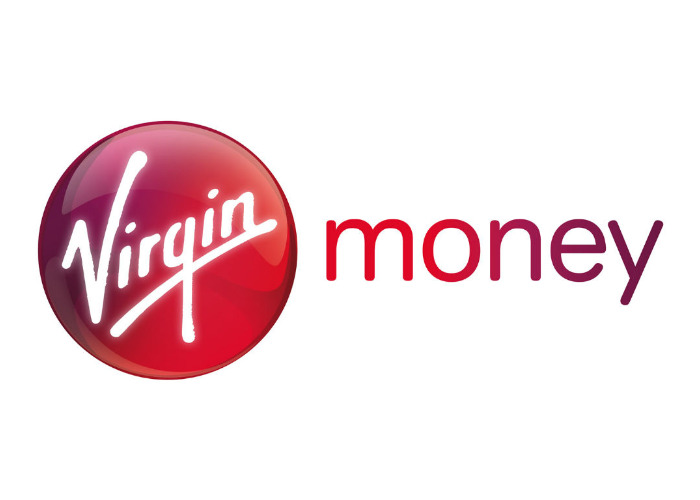Virgin Money: should you buy shares?

As Virgin Money floats on the Stock Exchange, we look at whether the bank is a good investment.
Virgin Money floated on the main market of the London Stock Exchange yesterday (13th November), but its shares got off to a slow start. Priced at 283p - at the very bottom of the mooted 283p-333p range - shares in Virgin Money closed their first day unchanged, thus losing out on the usual first-day uplift in what has been a bumper year for initial public offerings (IPOs).
So, after a somewhat weak welcome to the London market, are shares in Virgin Money a flop or a favourite?
Virgin Money: what you need to know
Virgin Money was founded back in 1995, but it has really only been a player since January 2012 when it finally bought what remained of Northern Rock from the Government.
The bank offers savings and investments, credit cards, mortgages and insurance (with current accounts available in Scotland and Northern Ireland, ahead of a full rollout) and boasts 2.8 million customers.
By mid-2014, Virgin Money had customer deposits of £21.1 billion and loans and advances to customers of £21.0 billion. In the first half of 2014, it had total income of £210 million, up more than a quarter (28%) on the same period of 2013. For the first six months of this year, Virgin Money recorded an underlying profit of £59.7 million, more than four times the £13.1 million it made in the first half of 2013, a very strong performance.
Virgin Money's net interest margin (its margin over its funding costs) by mid-2014 was 1.43% - a little lower than at the big banks, but respectable for a fast-growing bank.
A disappointing start
Priced at 283p a share, Virgin Money Holdings (UK) has a market value of around £1.25 billion. The float itself will raise between £312 million and £344 million for Virgin's owners, depending on whether an over-allotment option is taken up in full. After expenses, Virgin Money will be left with about £150 million to invest in its business.
One major new investor is leading UK fund manager Henderson, which gave Virgin Money its seal of approval by snapping up a 3.4% stake in this IPO.
However, after some seriously spectacular IPO debuts in stock markets worldwide this year, the top brass at Virgin are likely to be be fairly disappointed with its initial performance. It's worth noting that the IPO wasn't open to the likes of you and me, with the shares only available to institutional investors at first. It's only now that the float has taken place that retail investors can get involved.
One for the long term
Without any published fundamentals currently available, it's not possible to judge Virgin Money by the usual criteria for investing.
For example, its shares do not currently pay any dividend, although the bank "intends to adopt a progressive dividend policy and will seek to pay a dividend in its first full financial year" following its float. However, at an "initial payout ratio of 10% to 20% of statutory profit after tax", its dividend yield will be considerably lower than the wider market.
Likewise, because it is in a strong growth phase, Virgin Money is reinvesting profits back into gaining market share, so its price-earnings ratio (PER) will be a multiple of the single-digit or low-teens PERs of its larger rivals. As a result weighing up its shares right now is something of a shot in the dark.
By buying into Virgin Money now, you are getting in early in the hope that the business continues to grow strongly over the years ahead. In some respects, buying its shares right now is a show of faith in the bank and the power of its brand to attract customers fed up with the established banking hierarchy.
But these shares are not going to appeal to value investors or those looking for income from their investments. Instead, they are best suited to those looking to make capital gains over the longer term. So only buy its shares if you are a patient investor willing to buy and hold for years to come.
More on investing:
Beginner's guide to buying and selling shares
Comments
Be the first to comment
Do you want to comment on this article? You need to be signed in for this feature